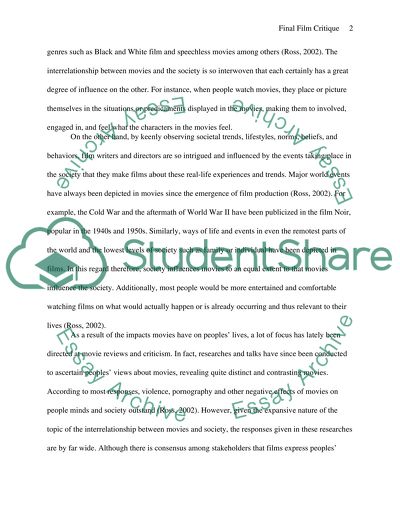Cite this document
(“Review Of The Movie The Descendants Essay Example | Topics and Well Written Essays - 2250 words”, n.d.)
Retrieved from https://studentshare.org/visual-arts-film-studies/1396556-review-of-the-movie-the-descendants
Retrieved from https://studentshare.org/visual-arts-film-studies/1396556-review-of-the-movie-the-descendants
(Review Of The Movie The Descendants Essay Example | Topics and Well Written Essays - 2250 Words)
https://studentshare.org/visual-arts-film-studies/1396556-review-of-the-movie-the-descendants.
https://studentshare.org/visual-arts-film-studies/1396556-review-of-the-movie-the-descendants.
“Review Of The Movie The Descendants Essay Example | Topics and Well Written Essays - 2250 Words”, n.d. https://studentshare.org/visual-arts-film-studies/1396556-review-of-the-movie-the-descendants.


